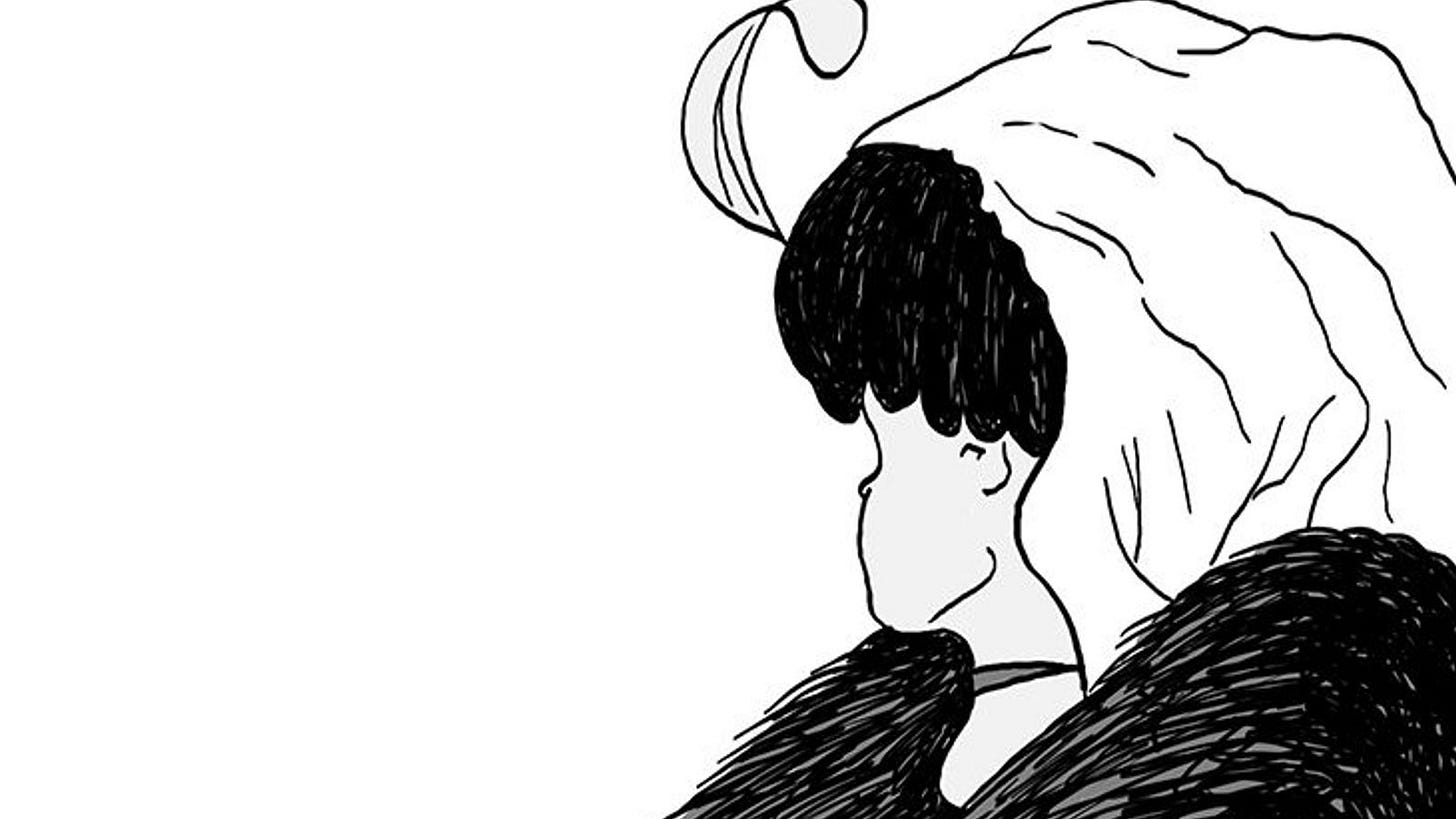Nursing Home Gossip
Or: The Old Wives' Tale
Nursing home gossip has had so much time to ripen that it is often novelistic in character, especially in places like the one I spent a lot of time in last spring, where the residents mostly had their wits about them, and had known each other since they were very little girls. It’s always fun to tell a new person all the old rumors, and I also think these women were eager to give a young woman the benefit of their years. This is my favorite of the stories they told me.
It started with a love triangle. Two friends, when in their twenties, had competed over the same man. The love triangle had a “Jennifer and Angelina” vibe—the women telling me this story described it as “Debbie Reynolds and Liz Taylor”—one girl was a good girl and the man had started out as hers; the other was the vamp.
I couldn’t get clear on exactly what the vamp had done to the ingenue’s man: did the vamp, what, sleep with him? Kiss him? Go out to dinner with him? Also, what exactly did it mean that he was the ingenue’s boyfriend? Other stories I heard in the nursing home made it clear that ideas about dating were very different then, in a certain sense more casual, more improvisational: a girl would get a proposal from a man that she hadn’t even been going steady with, and accept it. The old ladies couldn’t or wouldn’t clear up exactly what the vamp had done, and firmly insisted that whether or not you can tell if a man is your boyfriend, you should always know when a man is your friend’s boyfriend. (Which remains good advice today.) Anyway, the proof of the pudding is in the eating, and he turned out to have been the ingenue’s man all along, because, reader, she married him. Good triumphed over evil, the ingenue got the boy they were fighting over, the vamp married a man a few years older than her after ten years of stringing him along, and the girls went their separate ways, a friendship of two decades broken.
So far, a story that (despite its period details) I’ve lived long enough to be pretty familiar with.
Until, after a decade of silence, after both women maybe had aged enough to not fit into the vamp & ingenue tropes quite so neatly, the ingenue called the vamp. Told her—the vamp was the very first person she told—“I want a divorce.”
And the vamp immediately responded, “He’s hitting you?”
You can guess how she knew.
The vamp moved the ingenue out of the hitter’s house and into the vamp’s house. The divorce went through; the ingenue was back on her feet and moved into her own apartment pretty quickly. The ingenue married again, and the vamp, against type and all predictions, had a long marriage to a wealthy man, who did not hit her, and the sins of her youth never came home to roost, except in a great deal of guilt and shame—guilt and shame which were obviously not fun to feel, but which made such a useful bridge to the ingenue, who didn’t have to grapple alone with the shame of the divorce, because she had the comfort of turning to the person she knew had the most reason to feel shame around her.
And now they were both old ladies in the nursing home, having spent years taking their children on playdates and going to bridge parties and all other housewifely facts, having shed their vamp and ingenue personas, their golden and dark heads both having lightened to white, and looking much more like the old woman in the illusion than the young women.
I will probably never pass on such gossip. My generation is a pack of migratory birds. I wil not spend my final days in the nursing-home cafeteria with the same people I sat with in my elementary school cafeteria. The tradeoff seems worth it right now—I think my elementary school classmates and I are mutually glad not to have to deal with each other all the time. But I will spool out my final days in the company of old women who will never look young to me, whose pleasures and tragedies I will not know.



Stories like this make me sad just how much of the gossip I'm privy to is about internet people as opposed to people I went to high school with. (Can't wait for some Gen Gamma gig worker to politely smile through my story about bean dad.)
That's a really good story. When one day I wrote my book, I will steal it.